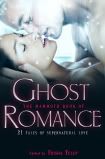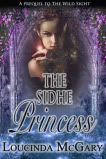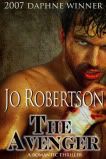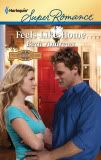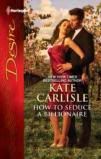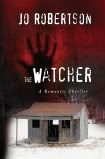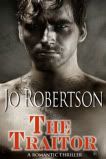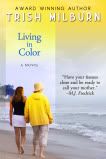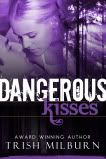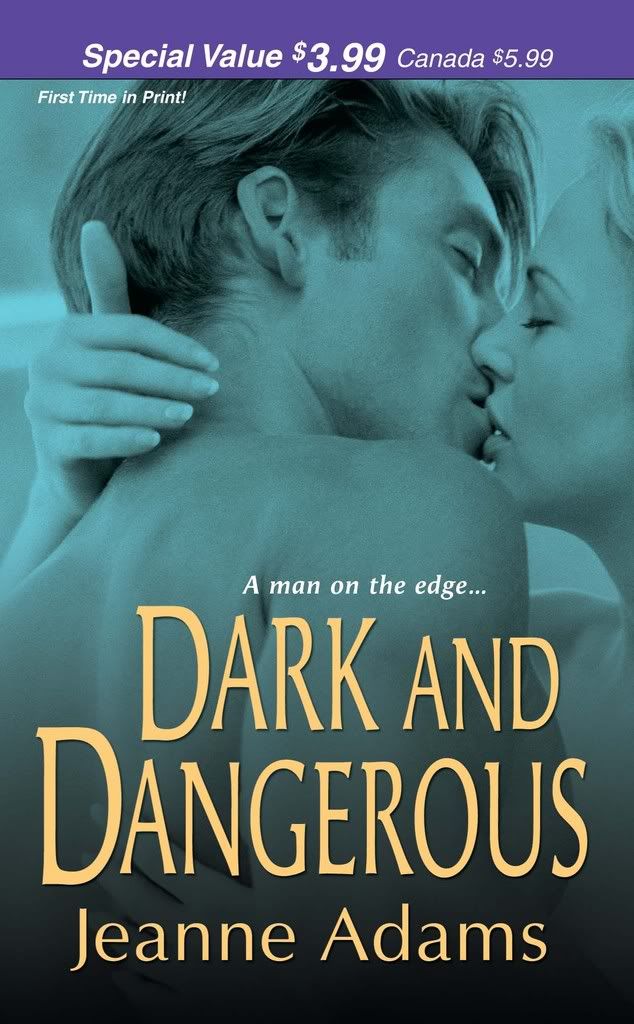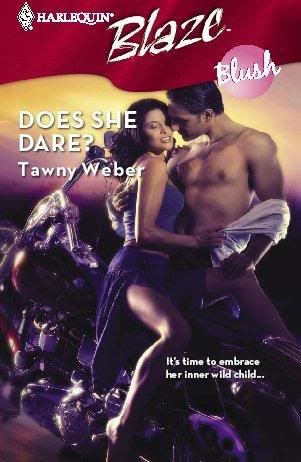 Interview by Trish Milburn
Interview by Trish MilburnToday we Banditas welcome the incredibly witty Janet Mullany, whose The Rules of Gentility is out this month. Having just finished reading this very fun book, I can highly recommend it. And if you comment on today's blog, you could be the lucky winner of your very own copy of Rules.
Q. When you began to write The Rules of Gentility, were you aware of anything else like it out on bookstore shelves? If not, did you go into writing it aiming to capture this new niche in the market, or did you just write for fun to see what happened?
A. It was definitely writing for fun, but I did wonder if there was anything else like it out there, and came to the conclusion that there probably was. I remember seeing something at a bookstore that alternated hero/heroine voice in first person — probably by an English writer and a contemporary. A few early readers were absolutely horrified at what I’d done — why present tense, why first person, why doesn’t the heroine’s mother have any punctuation (answer: because she never pauses for breath), and so on. If The Rules does open up the market to more books that play around with tense and voice, I’d be thrilled; and also if it takes some of the fear out of first-person narration. Even reputable reviewers have told me, “I don’t like first-person narrative.” Huh? It’s just another way of telling a story, not the antichrist. And if you don’t read books written in first person, you’re missing some great stuff (Jennifer Weiner, Nick Hornby and Anna Maxted, for starters). What I did do, that I think was innovative, was to write a funny historical; there are lots of books out there with wit and irony and so on, but very few that don’t take themselves all that seriously.
Q. What was your favorite part of writing this book?
A. All of it was tremendous fun. It was like a guilty pleasure — having something in the works that was pure enjoyment all the way. If I found myself running out of steam, all I had to do was switch voices.
Q. I really liked the light, fun feeling of the book, but you also showed some of the “not-fair” circumstances of the time. Was this by design?
A. More by knee-jerk! I’m always aware that the privileged lifestyles of the rich and wealthy are supported by a whole structure of servants and that people with completely different lives exist. I think this comes through in every book I write. I’m always amazed by people who say the Regency period is played out because there’s so much more than just the titled few. I find servants particularly useful as a plot device, too, because they knew everything and could aid or hinder their masters.
Q. How long did it take you to write this book? How does that compare with how long it typically takes you to write a book?

A. On and off about a year. I generally work on a couple of things at once. It’s diffic because generally I spend at least a month just thinking about a book or doing researcult to sayh (I’m a very bad researcher), and then I start on the actual writing process. This book, however, I didn’t think about because initially it was a short, fun project for my entertainment, to see if I could write Bridget Jones’s Diary in Regency times. So I just jumped in and started writing.
Q. What is your writing process like?
A. I can hardly remember (right now I’m in the manic phase of a book coming out and doing lots of blogging etc.)...after I stop procrastinating I put up a folding screen around the computer (my house is very small, and my desk is set up against one wall of the living room). I usually listen to music, usually opera or some other vocal, classical music. Don’t ask me why, but I find Handel’s Messiah great for writing love scenes. If I’m lucky, and it doesn’t always happen, my subconscious kicks in and the writing just flows — that’s a wonderful, addictive, feeling. Otherwise it’s hard work and stopping myself going online every five minutes. Generally, the first scene is very clear in my mind; originally, the ball scene in The Rules was the opening, but my editor wanted me to write something that was more of an introduction of Philomena and Inigo to each other and to the reader.
Q. Do you think your being English is what draws you to the Regency period? Or do you think you’d love it even if you weren’t English?
A. Being English certainly has a lot to do with it. I had two aunts who lived in a Georgian house in Bath and whom I used to visit. They loved all things Georgian/Regency long before it was fashionable and introduced me to the joys of Georgette Heyer. If I weren’t English, I’d probably love it more, because I wouldn’t know how appalling most of the aristocracy were!
Q. Do you have other similar novels in the works? If so, please tell us about them.
A. Not yet. I’m working on another erotic romance (my first Jane Lockwood erotic historical, Forbidden Shores, comes out in October 2007), and I have ideas for a couple of erotic novellas. I have an extremely vague idea for another Avon book that is in the one-month thinking stage.
Q. Has anyone mentioned to you that when they see Inigo’s name, they think of Inigo Montoya from The Princess Bride? Perhaps that’s just me. :)
A. You’re not the only one! I was blissfully unaware. I think it’s a gorgeous name, but the only Inigo I could think of was the seventeenth-century English architect Inigo Jones!
Q. Is there anything else you’d like to share with everyone out here in Banditaland?
A. Actually, I’d like you to share with me... What do you find funny? Since I’m English, all you have to do is say “bum” in an inappropriate context and provide some funny stuff with a dog, and I’m rolling on the floor. And thanks for having me, dear Banditas!
Thanks for stopping by the lair, Janet.























